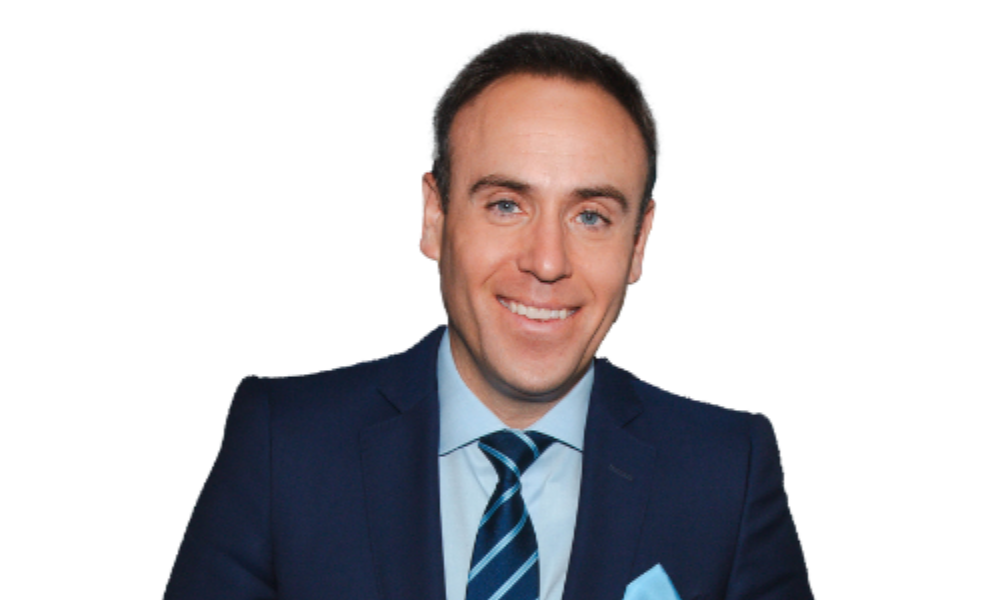Data on Canadian billionaires' fortunes reveals massive wealth increase as broader economy flounders

A year after the economic sucker punch from the COVID-19 pandemic’s first impact last year, the vast majority of Canadians are still reeling, whereas the richest of the rich have added to their wealth.
That’s according to Alex Hemingway, an economist at the Canadian Centre for Policy Alternatives (CCPA), who published his conclusions in a recent blog post.
By comparing data from Forbes’ real-time billionaires listing on April 7 with the publication’s annual billionaires’ report last year, he determined that Canadian billionaires have increased their wealth by $78 billion.
“Together, 47 Canadian billionaires now control $270 billion in total wealth,” he said, drawing attention to astronomical gains in the Thompson fortune ($14.4 billion increase) as well as the personal wealth of Shopify’s Tobi Lutke ($8.8 billion increase) and Canadian business tycoon Jim Pattison ($7.2 billion increase).
But the broader economic picture, he said, was washed over with gray indicators. Citing the latest figures from Statistics Canada, he said COVID-19’s impact is still hanging over half a million jobs, with 300,000 fewer people employed and another 250,000 who’ve had the bulk of their hours cut. The third wave and its attendant restrictions, he added, threaten to reverse recent job growth as they get absorbed into the data.
“Low wage workers have consistently been hit hardest in the job loss numbers throughout the pandemic,” Hemingway said.
To strip away the effects of the dip in financial markets early in the pandemic, he looked at how billionaire wealth today compared with Forbes’ billionaire wealth snapshot from February 2019. From that starting point, Canadian billionaires have advanced by at least $62 billion altogether.
Overcoming Canada’s varied challenges, he said, would require channelling more national wealth towards investments for the common good. He cited recent wealth tax research by the CCPA showing that a 1% annual tax on wealth over $20 million would add roughly $10 billion to Canada’s coffers per year.
“A wealth tax of this kind would only apply to the richest of the rich: the wealthiest 0.2% of Canadians,” he said. “Together, these 25,000 households currently control $1.8 trillion of the country’s wealth.”
While Hemingway said wealth taxes are seeing considerable public support across party lines, it’s not universally loved in economic circles. In an report published in November last year, members of the C.D. Howe Institute’s Fiscal and Tax Working Group said wealth taxes are essentially a double tax on savings (“multiple taxes are already paid on capital returns”), they can be difficult to asses for non-marketed assets, and it would result in little revenue because of exemptions and behavioural responses involved.
Still, Hemingway isn’t convinced. “[A] growing body of economic research from leading experts tells us that a wealth tax can be designed and enforced effectively,” he said. “What’s been missing is the political will, not the technical or economic means.”
He suggested other possible measures to curb inequality, including putting an end to the preferential tax treatment of income from capital gains compared to earned income from work, closing tax loopholes for the wealthy, and implementing an inheritance tax on estates worth over $5 million, among others.



